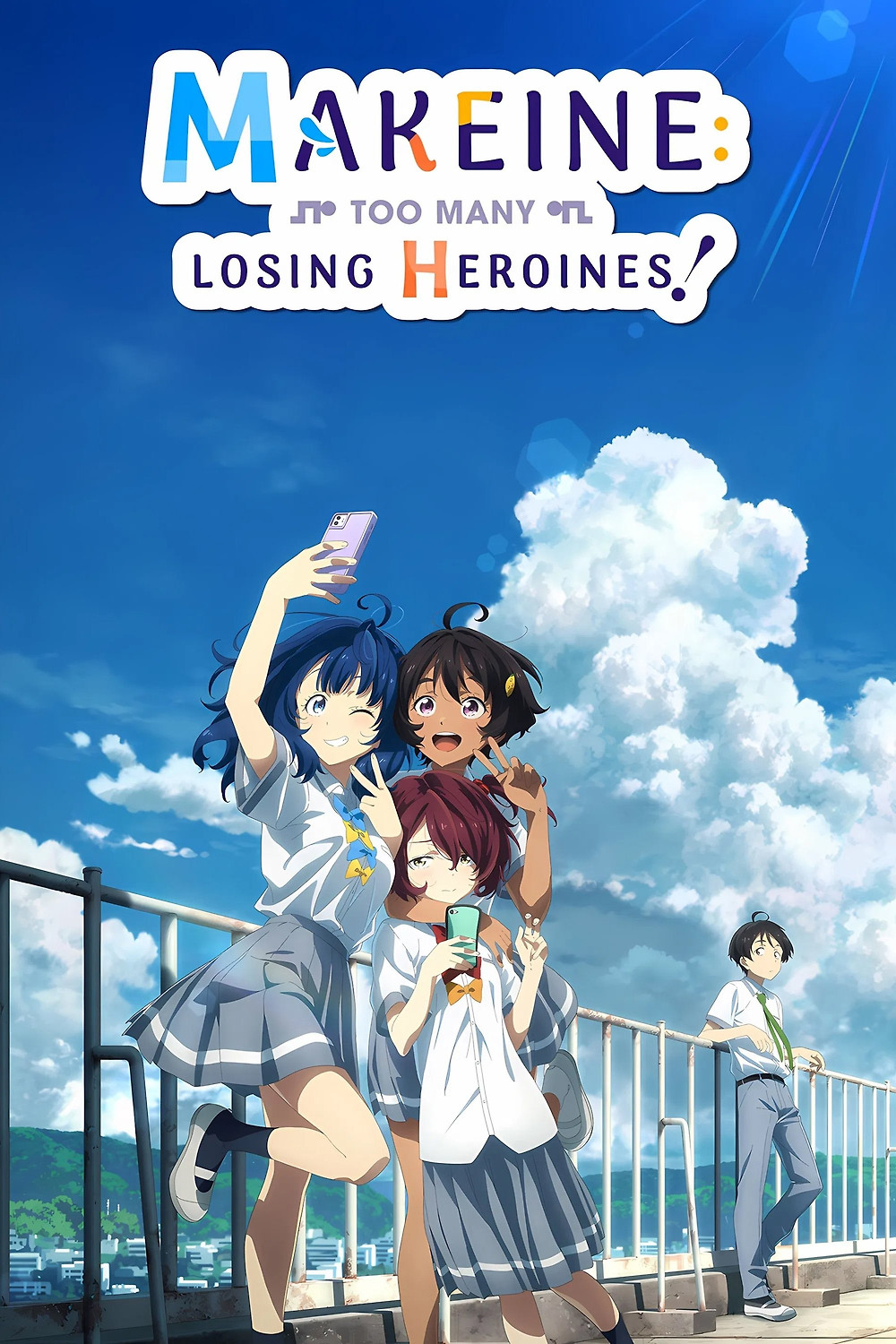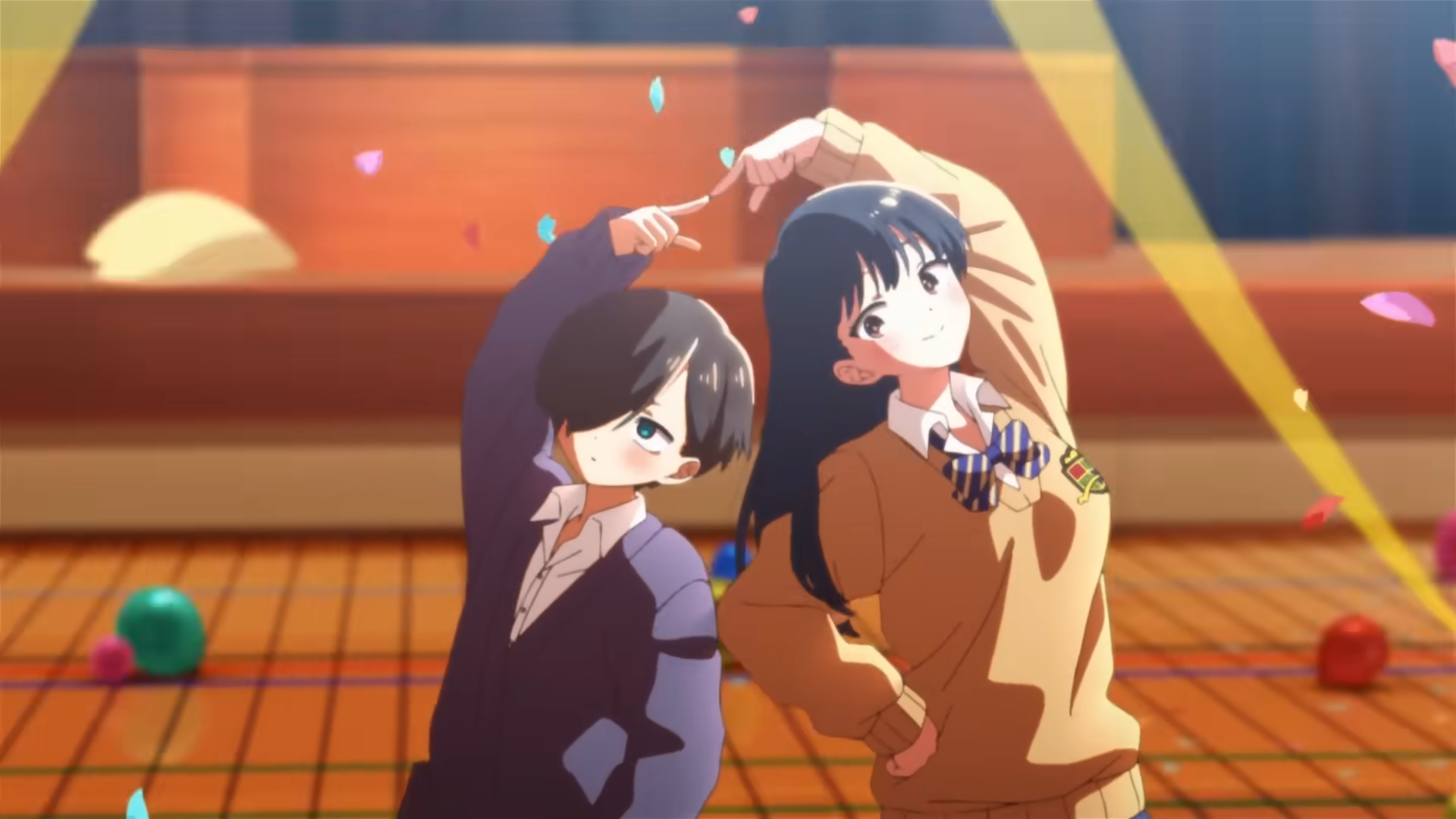My farewell to this series. There is always a sense of reward and sorrow when a good series you read or watch come to an end and you are done with it. That is me now with The Promise Neverland. My love of manga is partly because of the franchise so I feel I owe a debt to it. So here are my thoughts:
 The Promised Neverland, Vol. 20 by Kaiu Shirai
The Promised Neverland, Vol. 20 by Kaiu ShiraiMy rating: 4 of 5 stars
"Around now, seven years ago...
I was drawing the prototype storyboards of The Promised Neverland that I would later submit to the Shōnen Jump editorial department. I was confident about my idea. But there were many elements of the story that didn't have the standard "Jump" traits. It had a female protagonist, and it was plot driven instead of character driven.
Even as I look back on it now, I strongly believe that depending on the editor, my submission could have been rejected on the spot." - Kaiu Shirai, October 2, 2020
Aquí se Puede
[I will get to the actual volume in this review, but this is the meta-portion:]
The Promised Neverland, along with One-Punch Man & Demon Slayer: Kimetsu no Yaiba, got me to read manga after spending so long avoiding the format despite being an anime fan for most of my life. Now manga makes-up the near-majority of the sequential-art that I read. That was not true in April 2019 when I decided (very correctly in hindsight) not to wait for a second season of the anime and read the manga from where the first season ended. This story was a very interesting look into the dystopian/horror genre in anime/manga. It was also a very interesting look into two things that I tend to note on in anime/manga/light-novels: the depictions of Black people in the format and the use of involuntary servitude (e. g. slavery, serfdom, etc.). The use of those elements in the plot were different and predictable in this story.
To quickly address the former: Despite the standard-line of manga abiding by the artistic concept of Mukokuseki (無国籍), which is to say of no one ethnic o national origin, it has always been clear that in-practice this just meant making characters look generic and white (interestingly, you don't see a lot of characters drawn with "Asian" features unless they are from China or Southeast Asia). When Black characters did appear in the early days of anime & manga, it was usually in the blackface minstrelsy style. This only started changing in the 1980s—and it was a slow change. Nowadays, it is expected of Japanese illustrators to draw more realistic depictions of Black/dark-skin characters—but every so often there are relapses. While I think that the artist Posuka Demizu did a good job at drawing most of the Black characters in this book (this was a very ethnically diverse non-mecha series), I still can't get my head over why she retreated back to the old stereotypes for Sister Crone. The character was dead before I started reviewing the manga, but I was planning to lodge my complaint on that when I reviewed the series in-full.
I have to say I was more fascinated in how it depicted slavery. Technically, it does not really depict slavery as the kids are technically raised as livestock on farms rather than chattel on slave plantations, but the way that places like Grace Field were organized in the story were plantation-adjacent (especially when we learn what their true purpose was). I think The Promised Neverland, along with Shadows House (can't wait to review this book on Goodreads one day. Another dystopian/horror series that uses serfdom instead of slavery), are some of the better analogues to involuntary servitude as oppose to most depictions you see from series originating from light-novels (a Japanese media format with much less quality control) that tend to depict slavery through the lens of male power-fantasy. I think the display of how othered and de-humanized the humans in the demon world were was especially well-done.
[Ok, now on to the actual volume]
With all that said, the finale was less about a final battle, but with the final reckoning of the price of freedom for the stories heroine. While most of the resolutions for the characters are satisfactory (unless you're Isabella), Emma's luck of getting out of all obstacles in the story unscathed ends here, and she is forced to give-up something substantial (view spoiler) to the deity that controlled the over-arching events of the story in order to obtain the passage of the humans from the demon world to Earth (which in the current day of this volume is uncomfortably looking like where our current world is headed). Despite this price, Emma agrees that the bigger goal of liberation is the most important. The last line from that other comic—The Complete Persepolis—rings true here ("Freedom had a price"). I may have wished for something happier and not bittersweet, but the ending we have here is solid.
I think that The Promised Neverland will always have a mixed reception because of the second season of the anime. If you only watched it through the anime, than you view it along with the Matrix sequels as the sequel tainting the whole franchise or season 2 of The Melancholy of Haruhi Suzumiya as one of the great disappointments of anime. But if you only read the manga, or like most people, watched season 1 then read the manga it is one of the greatest series of the 2010s. The "Goldy Pond arc" of volumes 7-11 was the highlight of the series to me (and why I was so disgusted with season 2 of the anime totally cutting it out). While I do think I have read better manga since I began this series (that I have not yet covered on Goodreads), this is the second series where I covered most of it on Goodreads after Demon Slayer which I finished last year and one of the best manga I have covered so far.
View all my reviews







